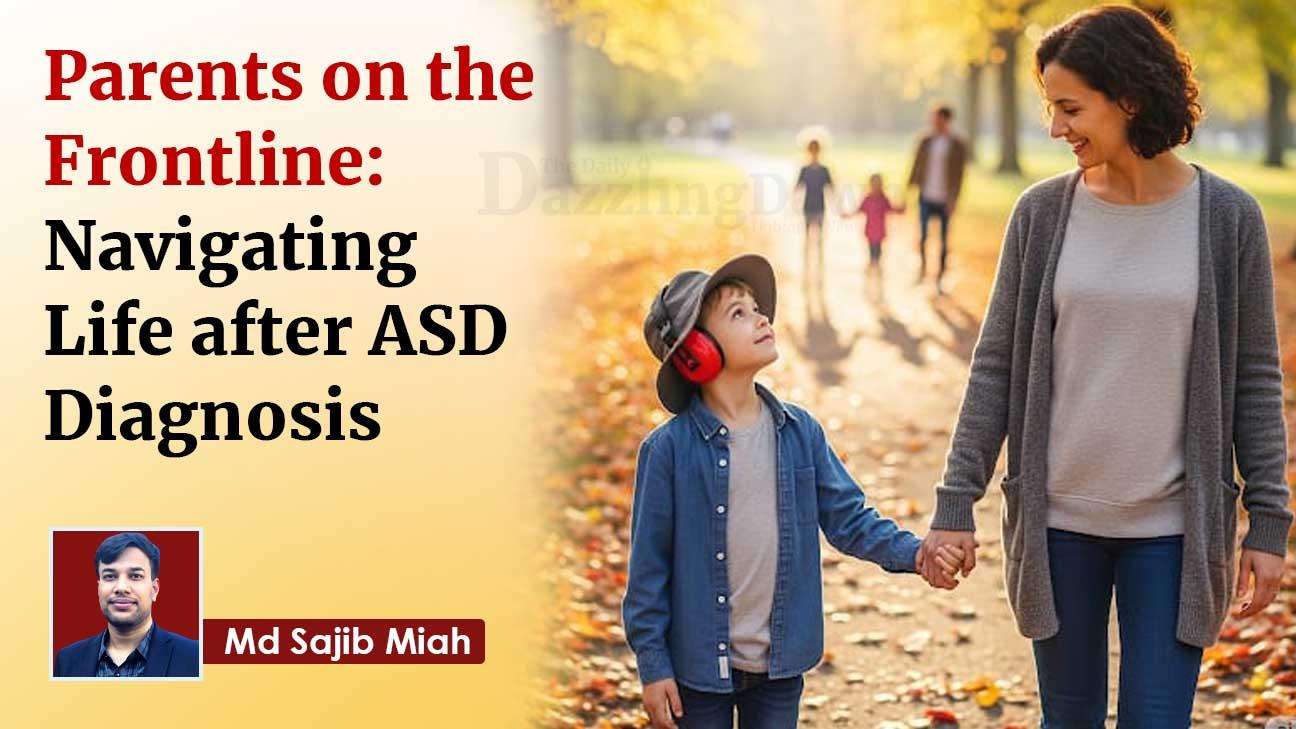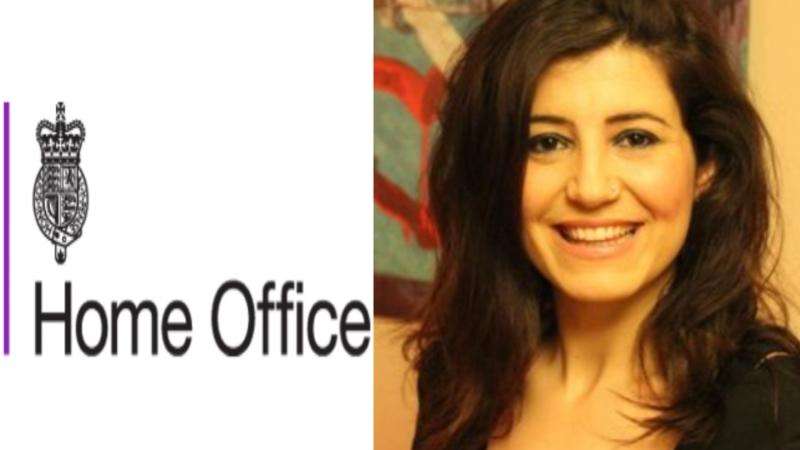A Syrian refugee living in Glasgow has voiced profound anguish and accused the UK Home Office of "breaking her heart" after it repeatedly refused her terminally ill mother entry to the country. The case highlights the often-criticized complexities and perceived lack of compassion within the UK's immigration system, particularly concerning elderly and vulnerable family members seeking reunification.
Ola Al Hamwi and her husband, Mostafa Amonajid, sought refuge in the UK in 2015, fleeing the devastating conflict in Syria after the tragic loss of their baby. Unable to bring Al Hamwi's mother, Soaad Al Shawa, then 57, with them at the time, the couple have since rebuilt their lives in Glasgow and are raising their three young children, aged seven, five, and one.
Tragically, Al Shawa has never had the opportunity to meet her grandchildren, her only connection to them being through the often-impersonal medium of video calls. Last year brought further devastation when she was diagnosed with terminal liver cancer, with doctors in Syria giving her a prognosis of approximately six months to live in November.
Driven by a desperate desire for their children to know their grandmother and for Al Hamwi to be with her mother in her final days, the family submitted an application under the refugee family reunion scheme. This application was heartbreakingly rejected by the Home Office.
Undeterred, a second application was made following the terminal cancer diagnosis, explicitly detailing the urgent and compassionate grounds for Al Shawa's entry. This too was met with refusal.
In a glimmer of hope, the family appealed the decision, and in April, a judge at the first-tier tribunal of the immigration court granted their appeal. The judge cited Article 8 of the European Convention on Human Rights, which protects the right to family life, recognizing the exceptional circumstances and the profound emotional distress caused by the separation.
Overjoyed by the ruling, Al Hamwi and Amonajid shared the news with Al Shawa, who began making preparations for her journey to the UK. The arduous plan involved her neighbours escorting her to either neighbouring Jordan or Lebanon, where Amonajid, unable to return to Syria himself due to their refugee status, would meet her and bring her to the UK. Al Hamwi recounted the positive impact the news had on her mother's spirits, saying, "My mum really perked up when she heard the news and started to eat more. All she wants to do before she dies is to see us and the kids."
However, this fragile hope was shattered on April 10th when the Home Office requested permission to appeal the judge's ruling to a higher court. Alarmingly, such appeals are currently taking an average of eight months to be heard – a potentially fatal delay given Al Shawa's rapidly deteriorating health.
Disturbingly, the Home Office's appeal is reportedly citing a case involving a family from Gaza, to whom permission to enter the UK was granted. This particular case sparked significant political and media backlash, with the Prime Minister vowing to close a legal "loophole" it allegedly exposed. The use of this contentious case as precedent in Al Shawa's situation has been met with disbelief and anger by her family and legal team.
"There isn't much time," pleaded Al Hamwi, her voice filled with desperation. "If we can get her here, we will provide everything for her. When the Home Office asked for permission to appeal against the decision of the judge who said my mum could come here, they didn't think about how they are breaking my heart. My message to the Home Office is 'please help my mum to see us before she dies'." The family has so far shielded Al Shawa from the devastating news of the Home Office's appeal, fearing the impact on her already fragile health.
The family's solicitor, Usman Aslam of Mukhtar & Co Solicitors, expressed his outrage at the Home Office's stance. "We could feel the family's relief when they won the appeal, then their horror that the Home Office have sought permission to appeal. We immediately sought an expedition of their permission application. I have written to the Home Office directly expressing my outrage. Whilst I fully respect their right to seek permission to appeal, it is regrettable they have chosen this case of a dying woman. We are hoping that the Home Office will show compassion and allow her to spend what little time she has left with her family."
The Home Office, when contacted for comment, stated: "It would be inappropriate to comment while legal proceedings are ongoing." This standard response offers little comfort to the Al Hamwi family, who are caught in a bureaucratic battle against time, with the precious final days of a loved one hanging in the balance.
Daily Dazzling Dawn Analysis:
The UK Home Office has faced criticism for its approach to granting visit visas to elderly parents of British Bangladeshi and other South Asian individuals residing in the UK. Numerous reports and testimonies suggest a pattern of refusals, often citing concerns about the applicants' intentions to overstay, insufficient financial resources despite their children's sponsorship, or a perceived lack of strong ties to their home country. This has caused significant distress and heartache for British citizens and residents who long to be reunited with their aging parents, often for important family occasions or to provide much-needed support. Critics argue that the Home Office's strict interpretation of immigration rules sometimes fails to adequately consider the emotional bonds and cultural values prevalent in South Asian families, leading to what many perceive as unfair and unduly harsh decisions.
This case starkly illustrates the tension between the UK's immigration rules and the fundamental human desire for family unity, particularly in deeply compassionate circumstances. While the Home Office operates within a framework of regulations and aims to maintain control over who enters the country, the rigid application of these rules can appear callous and inhumane, especially when dealing with the elderly and terminally ill.
The reliance on a politically charged case involving a different nationality as part of the appeal raises questions about the consistency and fairness of the Home Office's decision-making process. Critics argue that each case should be assessed on its own merits, taking into account the specific vulnerabilities and compelling humanitarian factors involved.
The significant delay in hearing appeals further exacerbates the distress in time-sensitive cases like this. An average wait of eight months for an appeal hearing effectively renders the legal victory meaningless for someone with a prognosis of just six months. This highlights a systemic issue within the immigration appeals process that needs urgent attention to ensure timely justice, especially in cases involving life-and-death situations.
The case also underscores the immense emotional toll the immigration system can take on refugees who have already endured significant trauma and loss. The inability to reunite with family members, particularly in their final moments, can compound their suffering and hinder their integration into their new home.
Ultimately, this case serves as a poignant reminder of the human cost of immigration policies and the need for a more compassionate and flexible approach when dealing with vulnerable individuals and their families seeking reunification in the UK. The public and legal scrutiny surrounding this case will likely intensify, putting pressure on the Home Office to reconsider its appeal and prioritize compassion in this heart-wrenching situation.








.svg)


